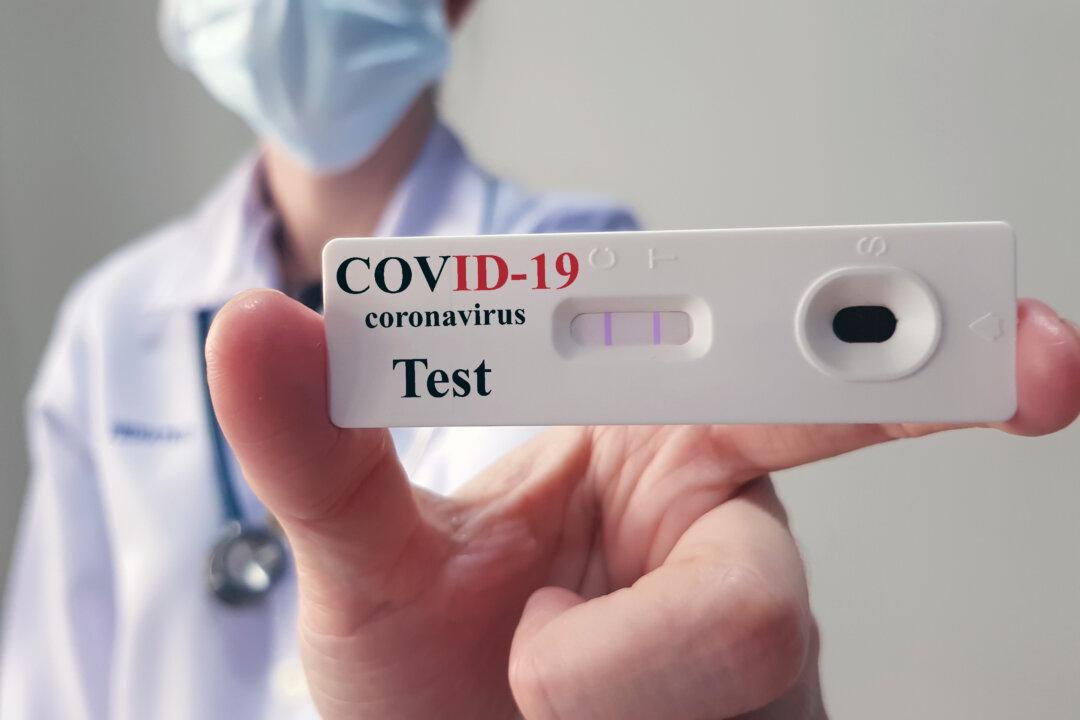While developing a rapid test that detects the coronavirus responsible for COVID-19 in someone’s saliva, Blink Science, a Florida-based startup, heard something startling: The Food and Drug Administration (FDA) had received more than 3,000 emergency use authorization applications, and it didn’t have the resources to get through them.
“We want to try to avoid the EUA quagmire,” said Peb Hendrix, vice president of operations for Blink Science.


